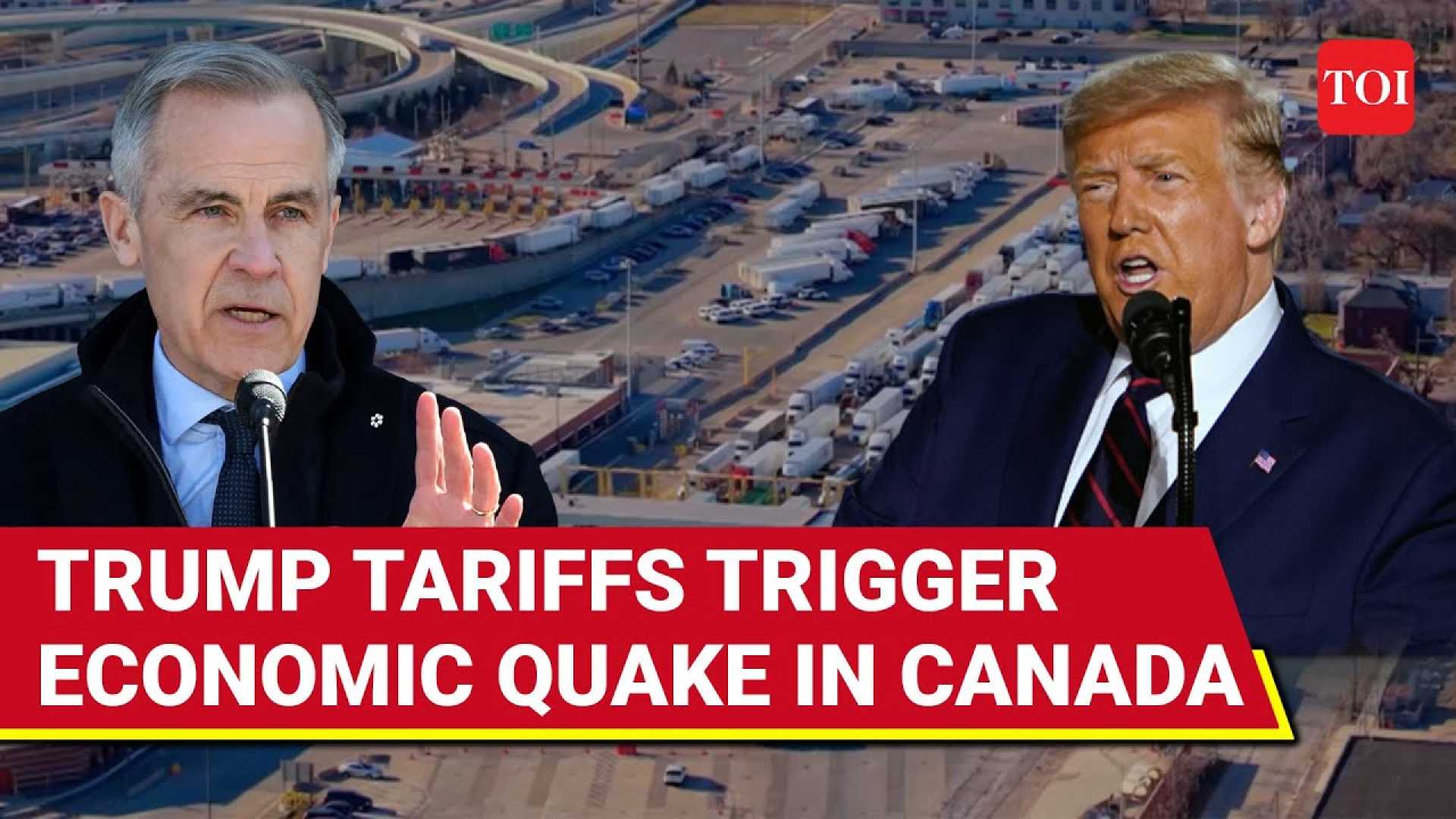Business
Trump Tariffs Could Skyrocket Car Prices, Challenges for U.S. Auto Manufacturers Loom

WASHINGTON, D.C. — President Donald Trump has announced impending tariffs on imported cars and auto parts, a move that could see consumer car prices rise significantly, drawing concerns from industry executives and analysts alike.
In an interview aired Saturday, Trump stated, “If you make your car in the United States, you’re going to make a lot of money,” suggesting that automakers could circumvent tariffs by manufacturing domestically. The president’s comments coincide with plans for a new wave of tariffs set to be announced this Wednesday.
Data from the Anderson Economic Group estimates that consumers may face price increases ranging from $4,000 to $12,500 per vehicle as a result of these tariffs, which are expected to primarily target imported cars and their components. Trump, however, affirmed he did not care about potential price hikes, insisting they would encourage consumers to buy American-made vehicles.
Industry leaders have expressed skepticism regarding the feasibility of producing entirely U.S.-made vehicles. According to Dan Ives, global head of technology research at Wedbush Securities, “U.S.-made cars with all U.S. parts is a fictional tale.” Major brands such as General Motors and Ford rely significantly on international supply chains, incorporating around 40 percent of parts sourced from abroad into their vehicles.
Ivan Drury, director of insights at Edmunds, echoed these concerns: “There’s no vehicle where every single component is manufactured from the ground up in the United States.” This broad reliance on global manufacturing networks raises questions on the industry’s ability to adapt quickly to new tariffs.
A senior automotive executive, who spoke on the condition of anonymity, highlighted the complexity of retooling manufacturing processes to comply with the tariffs while maintaining quality and cost-effectiveness. “The extensive supply chains globally are a barrier to shifting everything to U.S. production overnight,” the executive stated.
The potential for economic backlash remains a concern. A White House spokesperson indicated ongoing efforts to incentivize domestic manufacturing through tax breaks and regulatory changes. “Building in America is the best way to avoid tariffs,” the spokesperson said.
The National Highway Traffic Safety Administration (NHTSA) mandates automakers to disclose the component makeup of their vehicles annually, allowing consumers to assess the domestic content. For instance, the 2025 Kia EV6 is reported to have 80 percent of its parts sourced from the U.S. and Canada, placing it among the highest in North American assembly.
Despite the push towards domestic production, many foreign automakers, including Toyota and BMW, have continued to manufacture vehicles entirely abroad. Tesla, a U.S. brand founded by Elon Musk, still imports 20-25 percent of its parts from Mexico, illustrating the limitations faced even by prominent U.S. manufacturers.
Amy Broglin-Peterson, a supply chain expert at Michigan State University, emphasized the fragility of current automotive supply chains during unforeseen disruptions. “Tariffs on foreign parts may create more risk than tariffs on finished vehicles because of the integrated nature of North American manufacturing,” she explained.
Broglin-Peterson noted that shifting supply chains back to the U.S. is possible, but not instantaneous. “Establishing a manufacturing presence here involves significant costs and time—a process that cannot happen overnight,” she stated.
As industry stakeholders await the official announcement of tariffs and potential regulations, the future of the American auto industry hangs in the balance, casting uncertainty on both manufacturers and consumers.












